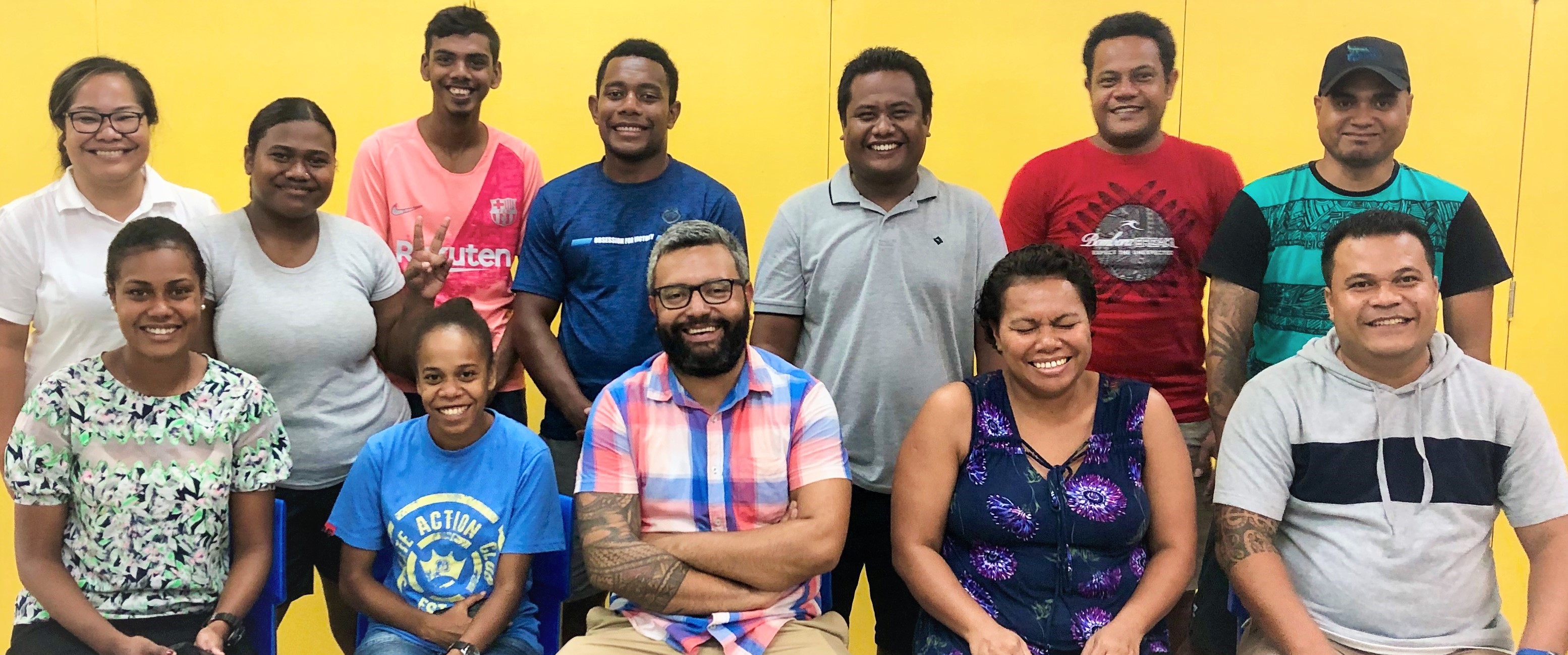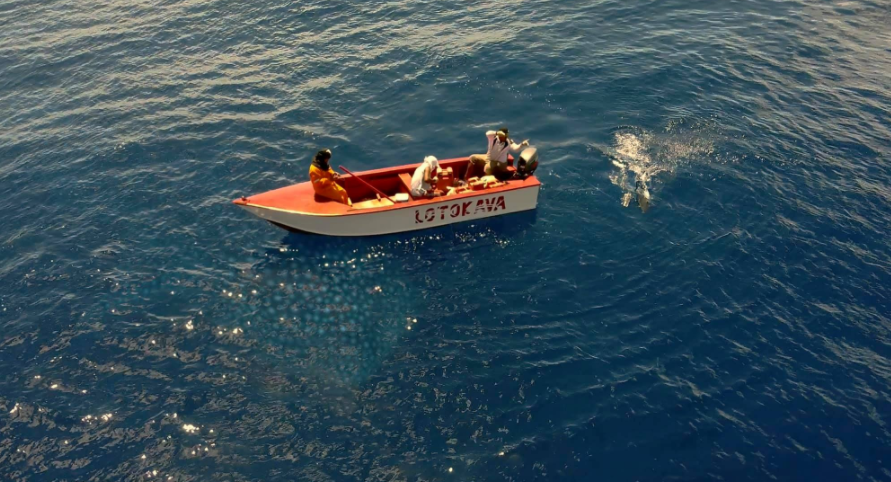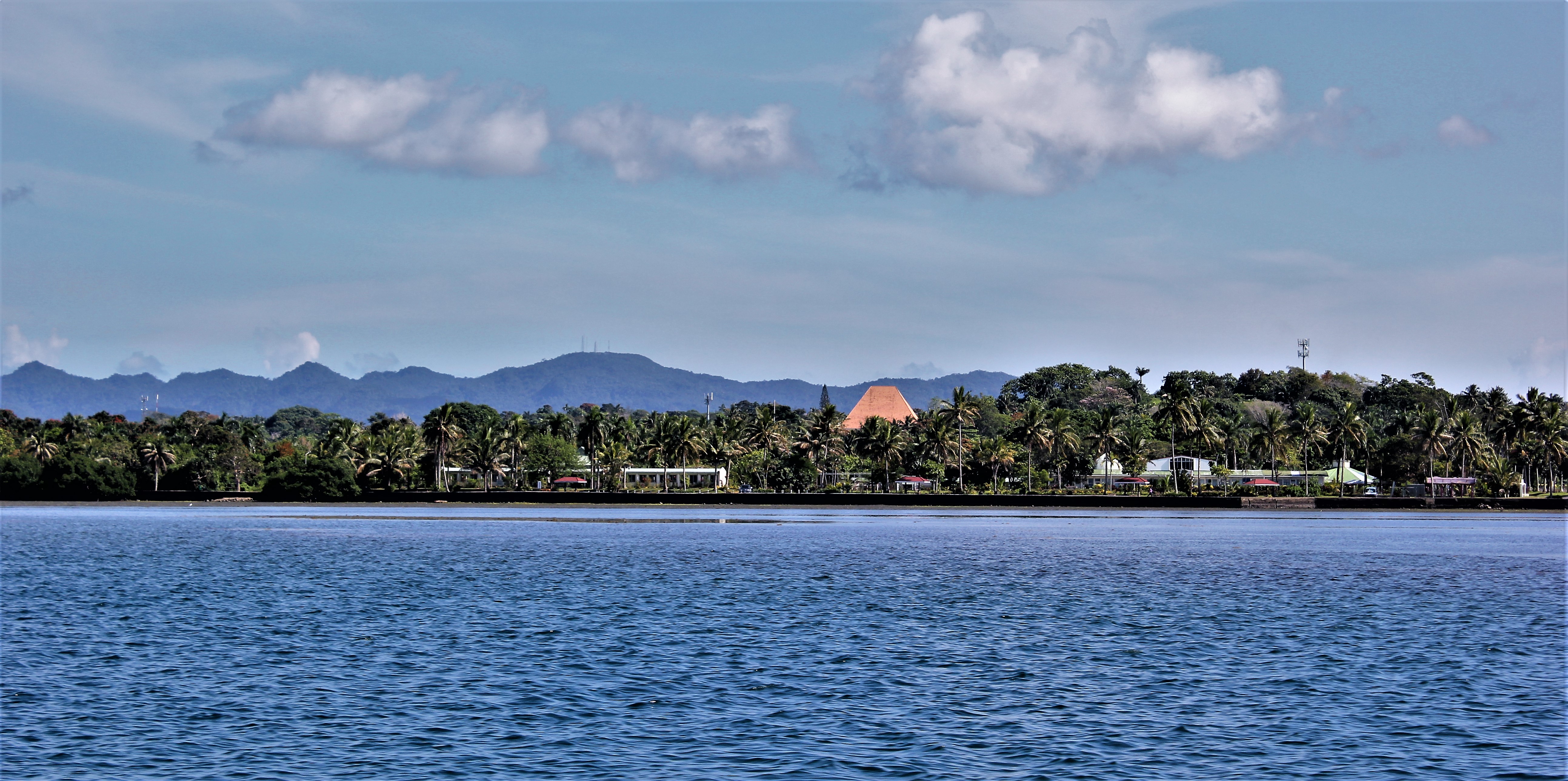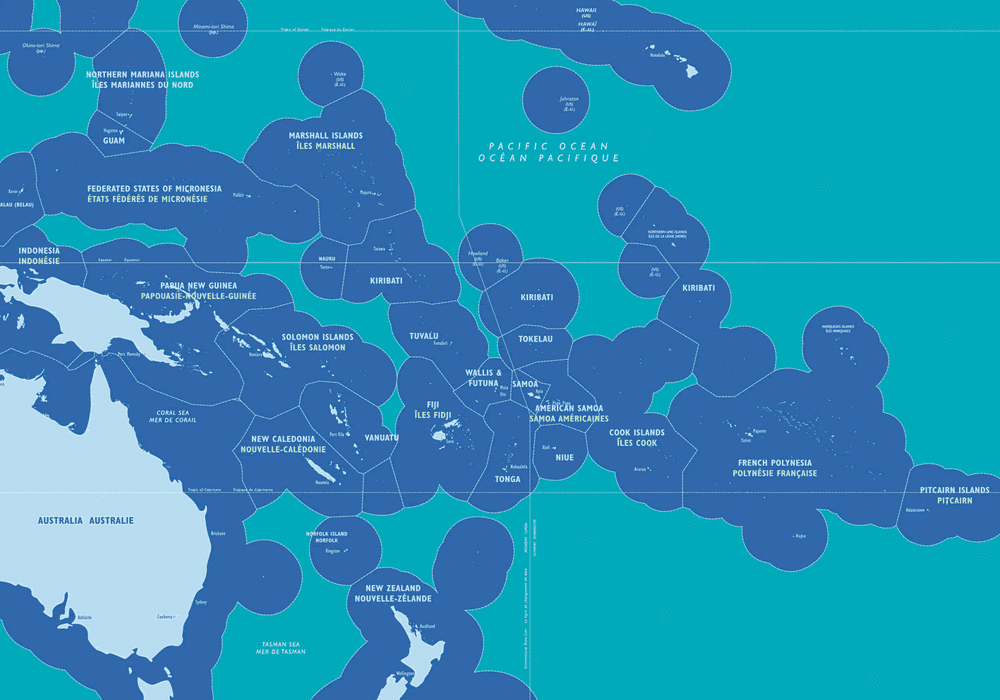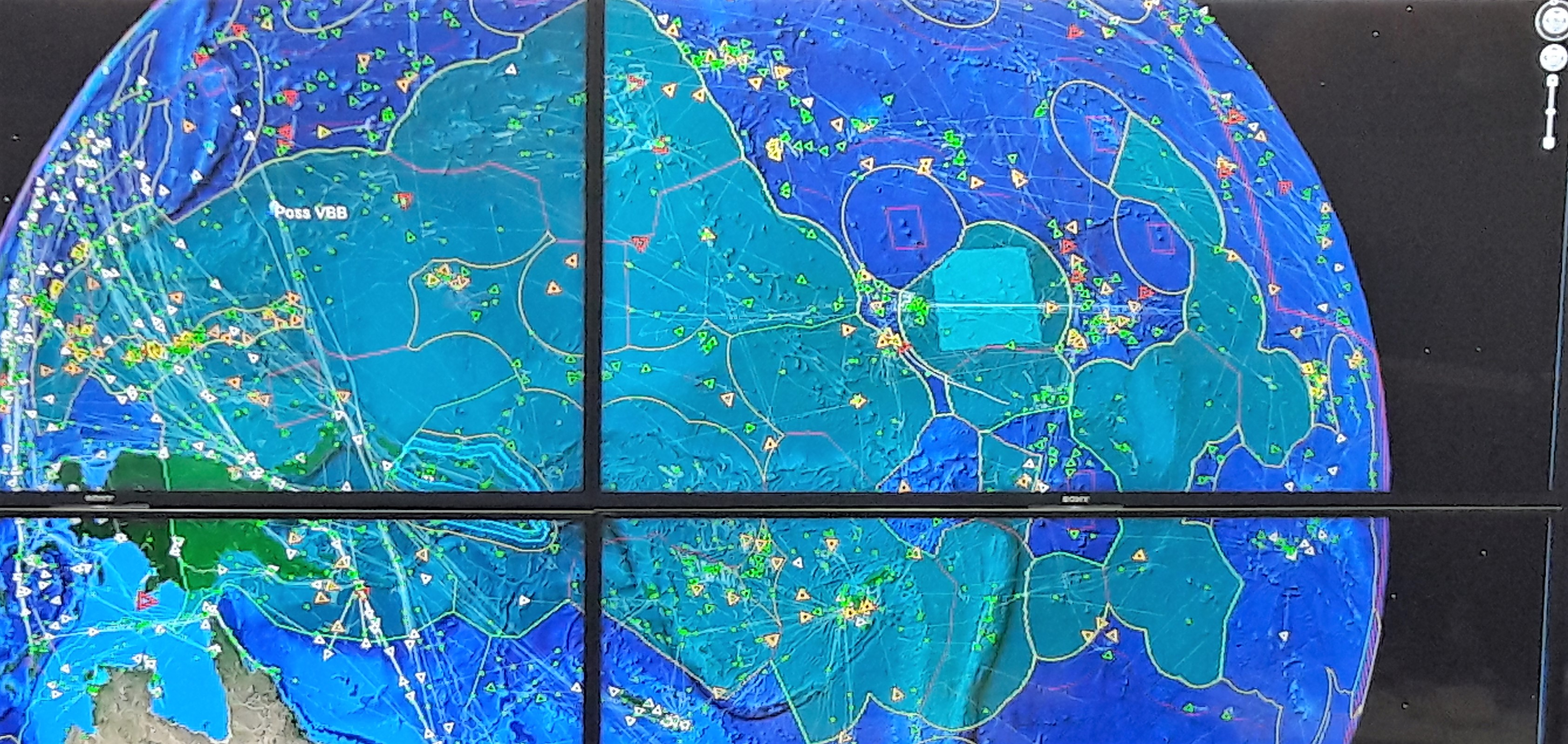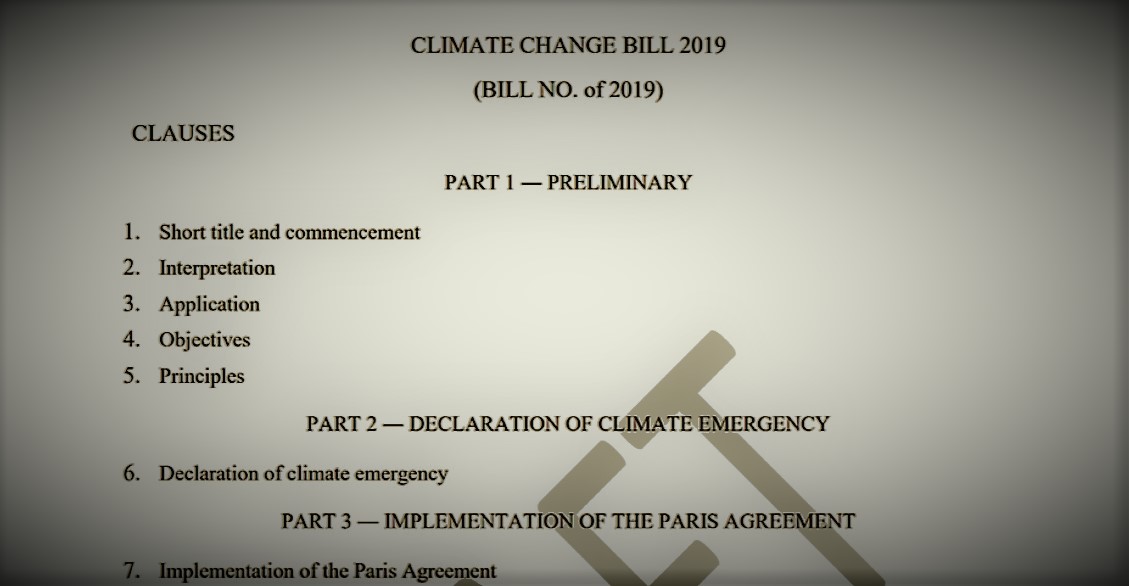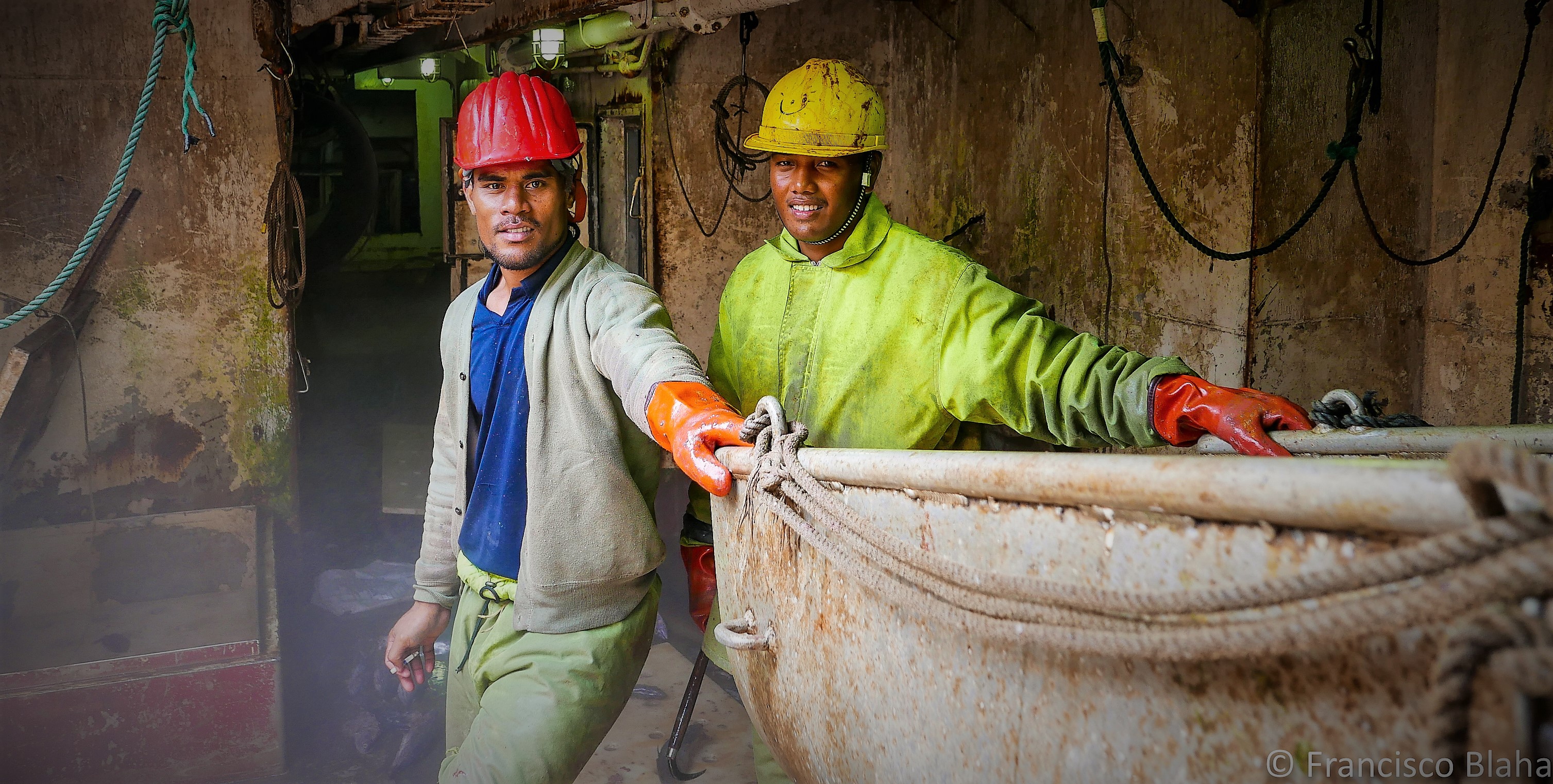Please note: This update relates to draft legislation and in September 2021, Fiji's Parliament enacted the Climate Change Act, 2021 - for a full explanation of the Act - please click here
Fiji’s new proposed climate change law affects every Fiji citizen regardless of whether s/he is a Minister, member of Parliament, Permanent Secretary, a CEO of a company, a builder, an IT expert, a marine scientist or proponent of marine conservation, a retailer, a farmer, or a member of a community or neighbouring Pacific Island country at risk of displacement as a result of climate change.
In the last few years, Fiji has become a global and regional leader in raising awareness of climate change, its effects and what all nation States should do to reduce their emissions to keep us within 1.5C of average global warming and avoid dangerous climate change. Fiji's leadership in this arena has in the last month produced a draft Climate Change Bill (the Bill) which is available for public consultation. It has been reported (Fiji Sun, 8 August 2019) that the government of Fiji intends the Bill to become law, by being passed as an Act of Parliament before December 2019. If the Bill is passed it will become the Climate Change Act (the Act). Although not presently law, to avoid confusion we simply refer to the proposed legislation as "the Bill" or "the legislation" in this bulletin as it has not, as yet, become an Act of Parliament.
In this extended and detailed legal bulletin we review the Bill to assist with the further consultations that should take place and, we hope, assist the bold statement and action that Fiji is demonstrating in the face of the climate emergency. All the persons that have been involved in this review support Fiji’s initiative to introduce comprehensive climate change legislation, and provide comments in the spirit of raising awareness of, and assisting with consultation about, the legislation to best suit it to Fiji’s context.
To have your say on the Bill, and to obtain an electronic copy, please click: here






